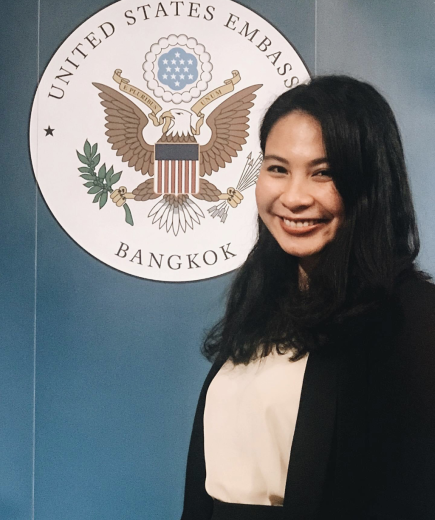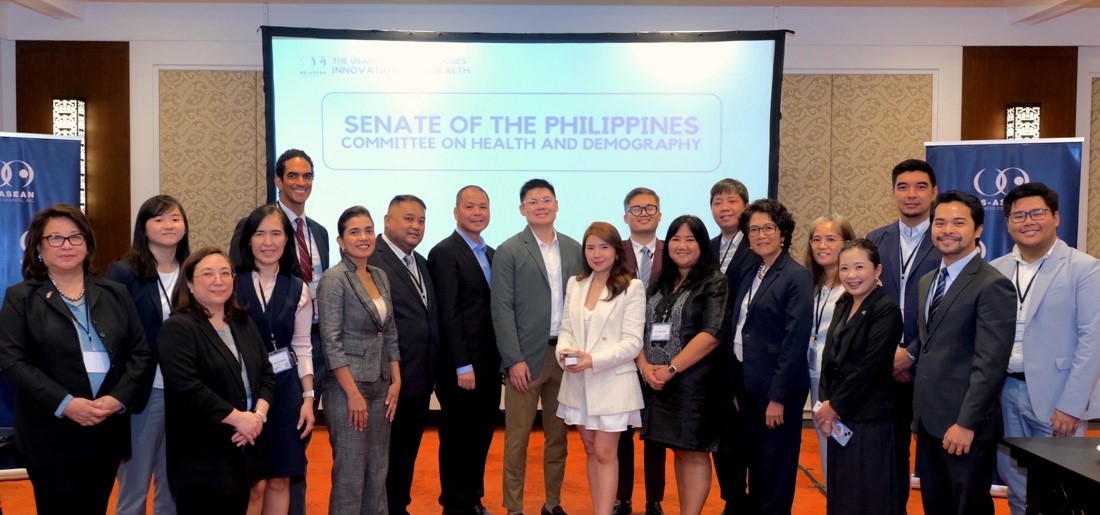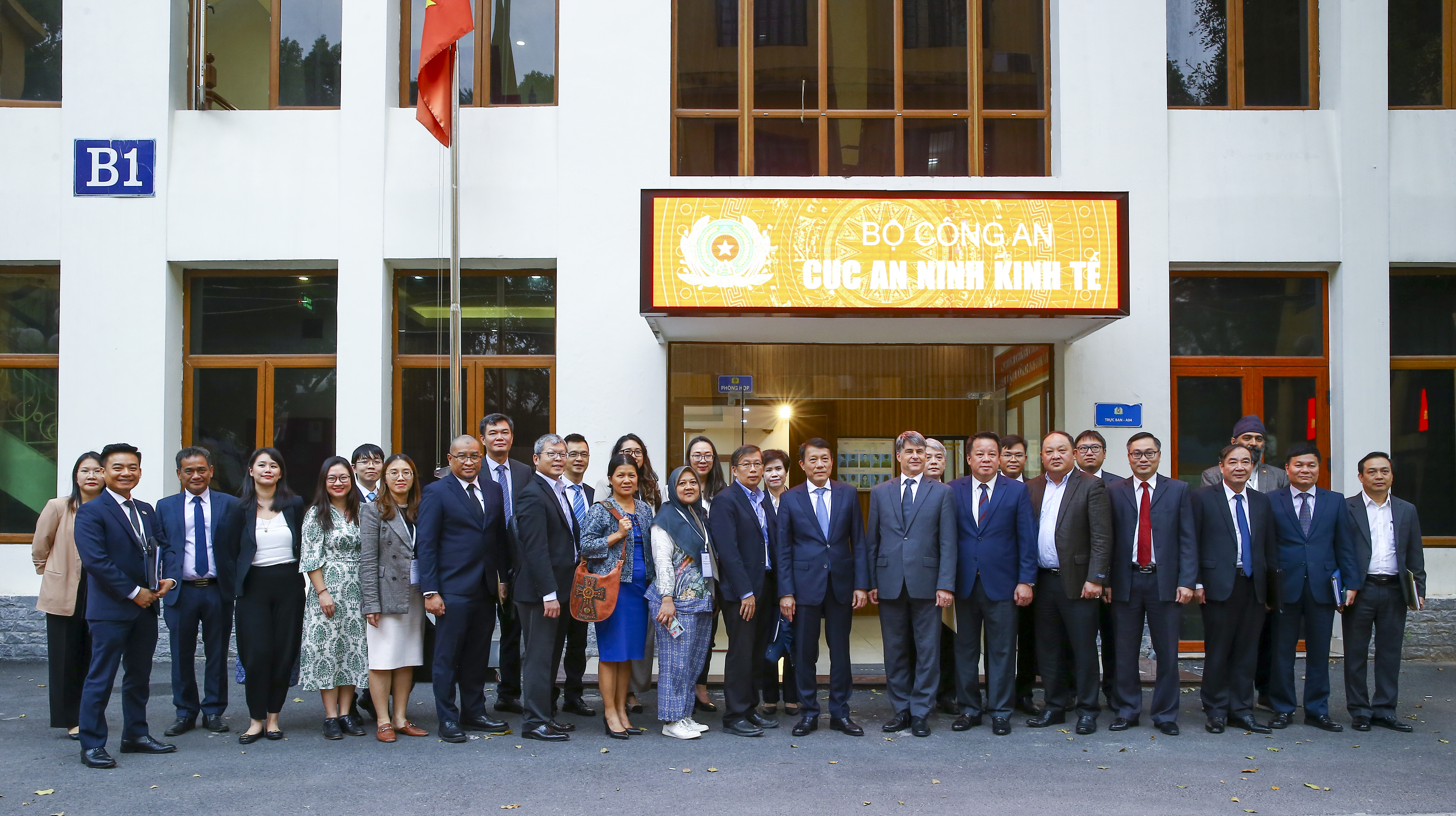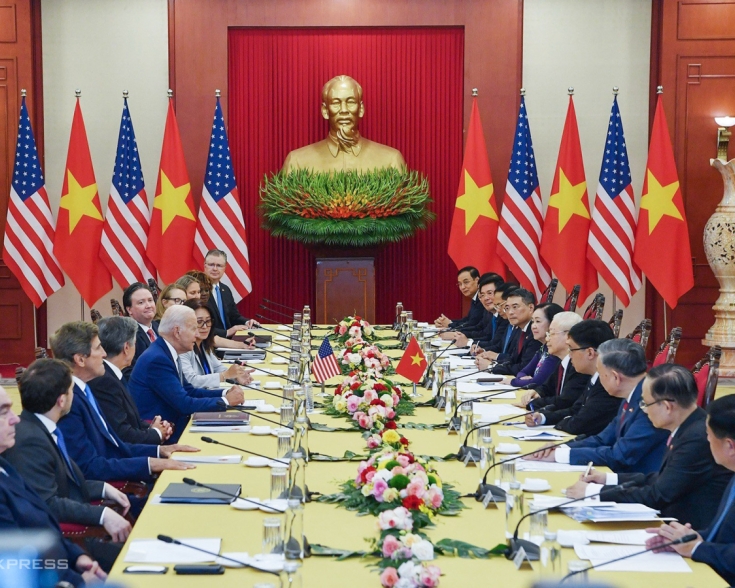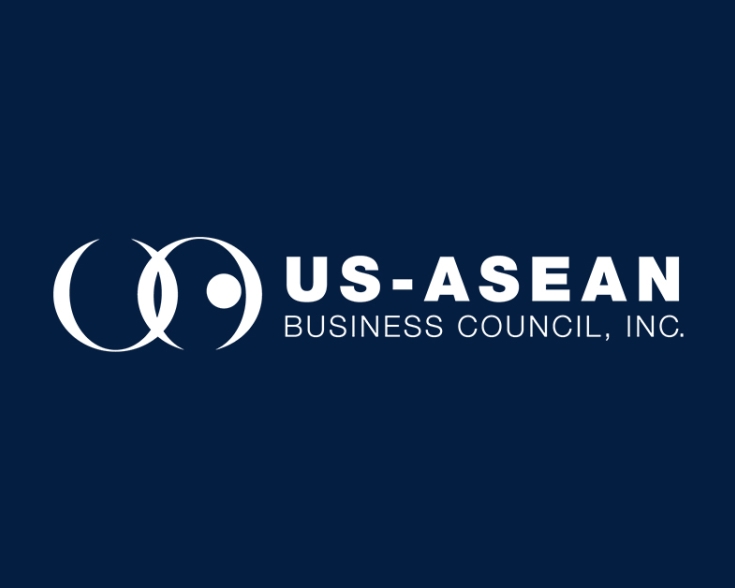Vietnam Expands Health Insurance Coverage and Sets Ambitious Public Health Targets
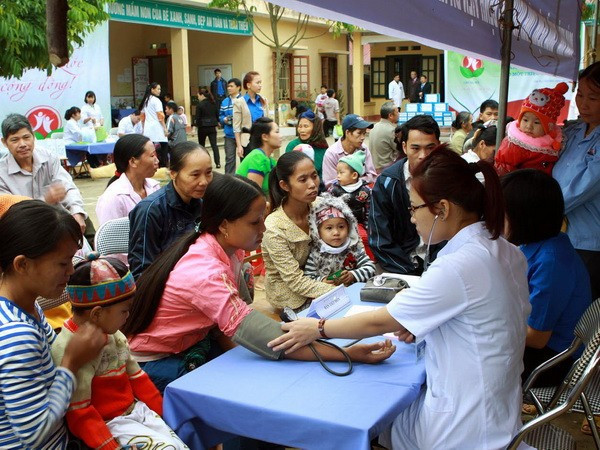
Vietnam’s newly issued Decree No. 188, effective August 15, introduces significant reforms and incentives in the country’s health insurance sector. For the first time, the costs of out-of-network outpatient treatment will be reimbursed at rates of either 50% or 100%. The Health Insurance (HI) Fund will now cover on-demand services on a cost-sharing basis, which were previously excluded from HI coverage. Additionally, the regulation raises the government’s subsidy for student health insurance from 30% to at least 50%, lowering annual student contribution to around VND 631,800 (USD 24.10). It also introduces tiered subsidies for vulnerable groups, including 100% coverage for near-poor residents, at least 70% for those in formerly disadvantaged areas (for up to 36 months), and at least 50% for human trafficking victims (for one year) and other groups eligible under the Health Insurance Law.
Meanwhile, the Ho Chi Minh City Social Security Office has proposed to cover 100% of health insurance premiums for individuals aged 60 to under 75 who are not receiving retirement benefits or state budget support. The proposal is expected to be submitted to the municipal People’s Council at the end of 2025. If approved, it is projected to benefit more than 2.85 million residents, with a total annual support budget estimated at VND 1.59 trillion (USD 60.69 million).
In parallel, the government recently outlined broader public health goals under the Politburo Resolution No. 72-NQ/TW signed by Party General Secretary To Lam. Speaking at a national conference on September 16, Deputy Prime Minister Le Thanh Long stated that the resolution sets specific health targets for 2030, including raising average life expectancy to 75.5 years, with at least 68 years of healthy living; increasing the average height of children and adolescents aged 1–18 by 1.5 cm; and achieving over 95% coverage for essential immunization programs. The Deputy Prime Minister emphasized that achieving universal health insurance coverage is a key priority. By 2030, basic hospital fees will be waived under the HI package. All commune-level health stations will be upgraded with sufficient facilities and staffing, aiming to have at least four to five doctors per station by 2027. Additionally, the proportion of medical examinations and treatments conducted under HI at commune-level stations is expected to exceed 20%.
The resolution also calls for enhanced scientific and technological development, accelerated digital transformation in the healthcare sector, and reform of medical financing mechanisms. It outlines incentives for private sector investment in healthcare, including prioritized allocation of clean land for healthcare projects, permission for flexible land-use conversion for healthcare purposes, and reductions in land rental and tax for domestic healthcare facilities.


